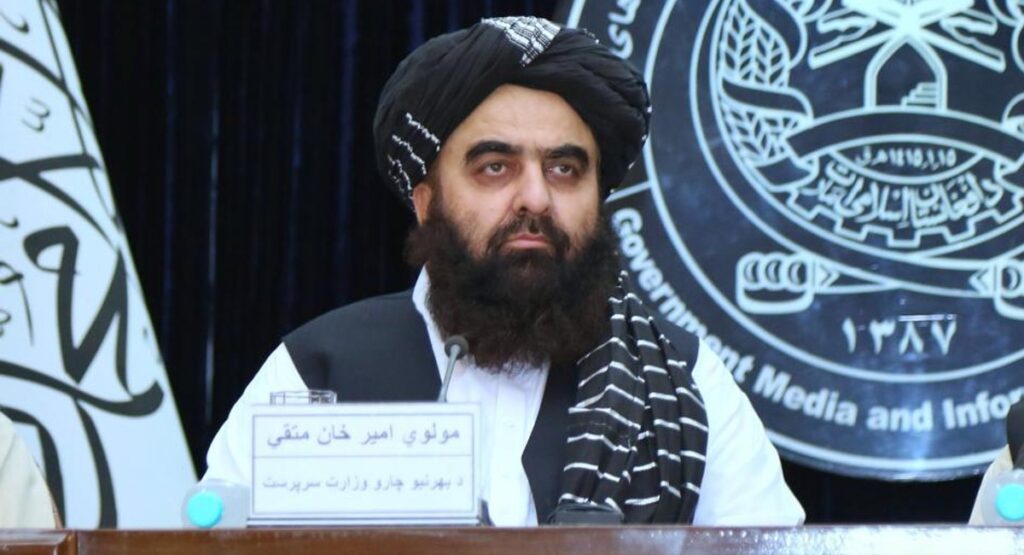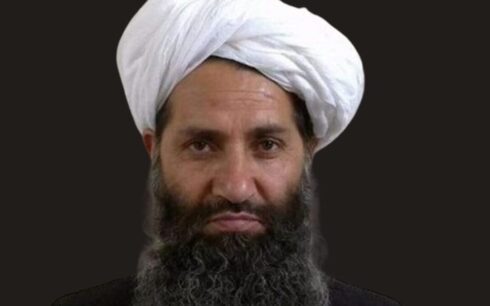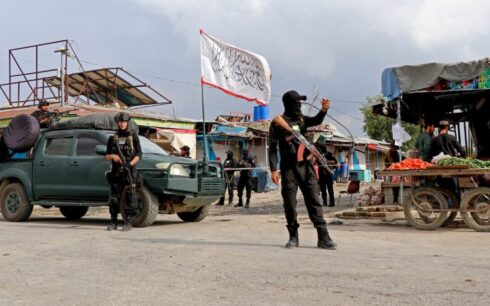KABUL, Afghanistan — Amir Khan Muttaqi, Taliban’s acting foreign minister, said on Thursday that they are striving for “good relations and engagement” with Western nations.
Muttaqi said that only a few countries have been unable to interact effectively with the Taliban, and he accused them of harboring “malicious” attitudes and actions.
“The world is not just the West, and the West is not solely America,” said Muttaqi.
He emphasized that the Taliban aims to maintain positive relations globally, not just with Western countries.
“We are looking for good relations and engagement with the West. We have conveyed this message to them, but some countries are making ‘malicious’ statements and actions. It must be understood that the world is not just the West, and the West is not just America,” Muttaqi asserted.
In his critique of the United States, Muttaqi labeled the financial and banking restrictions imposed on Taliban-administered Afghanistan as “vengeful and malicious.”
“The United States accuses the Islamic Emirate of human rights violations. We ask the U.S., what have you done in Gaza? If you want the rights that involved bombing people over twenty years or the rights given to the people of Gaza, Afghans do not want such rights. Afghans desire freedom, liberty, and legitimate Islamic and Sharia rights,” he stated.
While the Taliban emphasizes engagement with the world, the United States has repeatedly stated that its relations with the Taliban depend on the group’s treatment of women, the establishment of an inclusive government, and combating terrorism.
Despite the Taliban’s call for interaction with regional countries and the West, no country has officially recognized them since their return to power two and a half years ago.
Najib Rahman Shamal, a political analyst, noted, “During this period, I have seen that both the international community and the people of Afghanistan have severely criticized the Taliban’s actions, and they have not met demands including the establishment of an inclusive government; there is no constitution, greater restrictions have been imposed on the Afghan people and women, and school doors remain closed to girls.”
According to a recent report by the United Nations’ women’s agency, the Taliban have issued more than fifty decrees solely aimed at restricting women since their return to power.
The European Parliament and several other international bodies have repeatedly emphasized that the Taliban’s actions towards women constitute “gender apartheid.”





